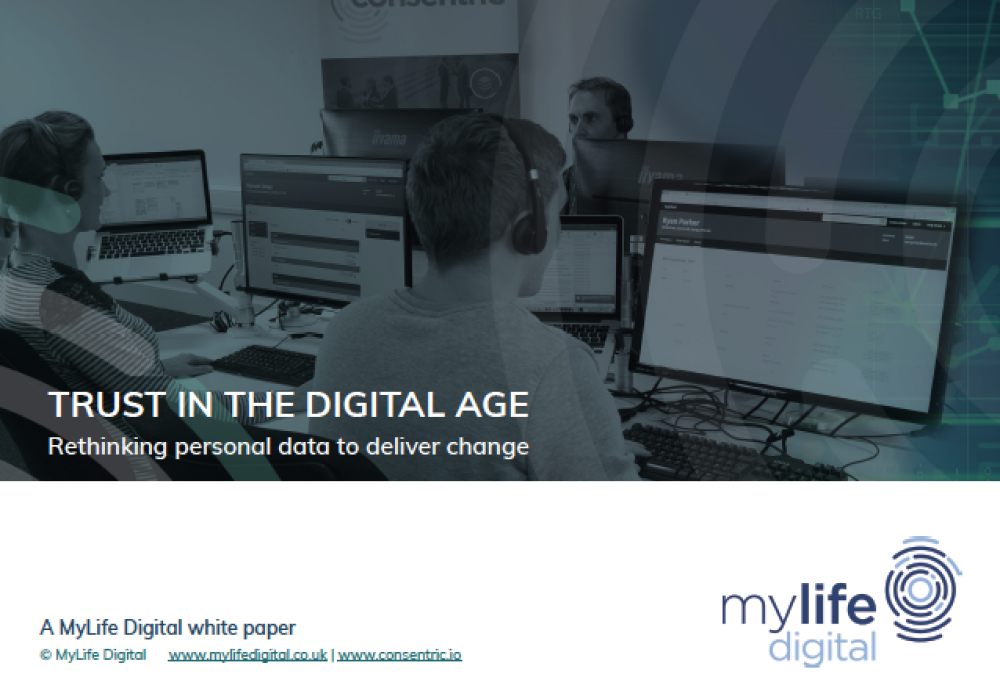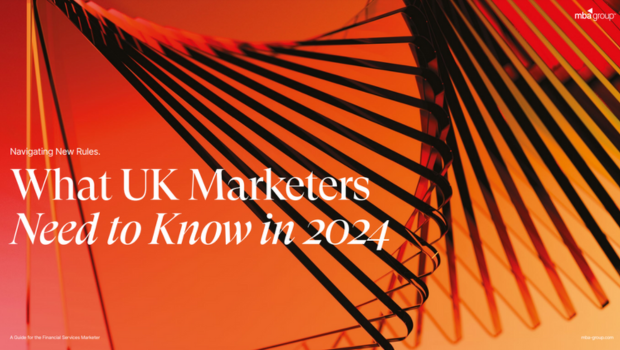Trust in the Digital Age - a MyLife Digital white paper
02 Jan 2018

The amount of personal data organisations collect and store is increasing. Machine learning capabilities enable huge quantities of data to be processed in seconds. Leading to insightful strategy and planning opportunities. In the midst of this desire for insight, organisations have overlooked the most important aspect. This data belongs to the individual. Their personal data is being analysed - preferences, purchases, donation history, sports performance and in some cases, even sensitive matters such as their health. It’s time organisations took a new approach.
They need to combat the growing sense of resistance and mistrust. They need to protect personal data against misappropriation and misuse. Individuals are, quite rightly, frustrated that their relationship with organisations has been one way. That they have given their information, but had no control over it. The imbalance has been recognised. New legislation is coming into effect. The General Data Protection Regulation (GDPR) stipulates that clear, unambiguous indication of consent will largely need to be given for the collection, storage and use of personal data. This is also reflected in the UK Data Protection Bill 2017, which is based on GDPR. The individual will have the right to know exactly what data is stored, who has access to it and what is being done with it. They can remove their permissions and will have the right to erasure.
Quite rightly, technology is evolving to meet society’s demand for greater transparency. Privacy and security need to be kept at the forefront of system design to ensure the protection of personal data. This will lead to the strengthening of trust through a new value exchange between organisations and individuals. Building new empowered relationships to increase loyalty and deliver benefits to both parties and society as a whole.
This white paper discusses four key points organisations must address to ensure they maintain their market share and strengthen engagement with the individuals whose data they hold:
Trust
Transparency
Privacy
Security





Please login to comment.
Comments